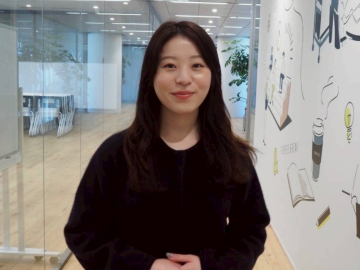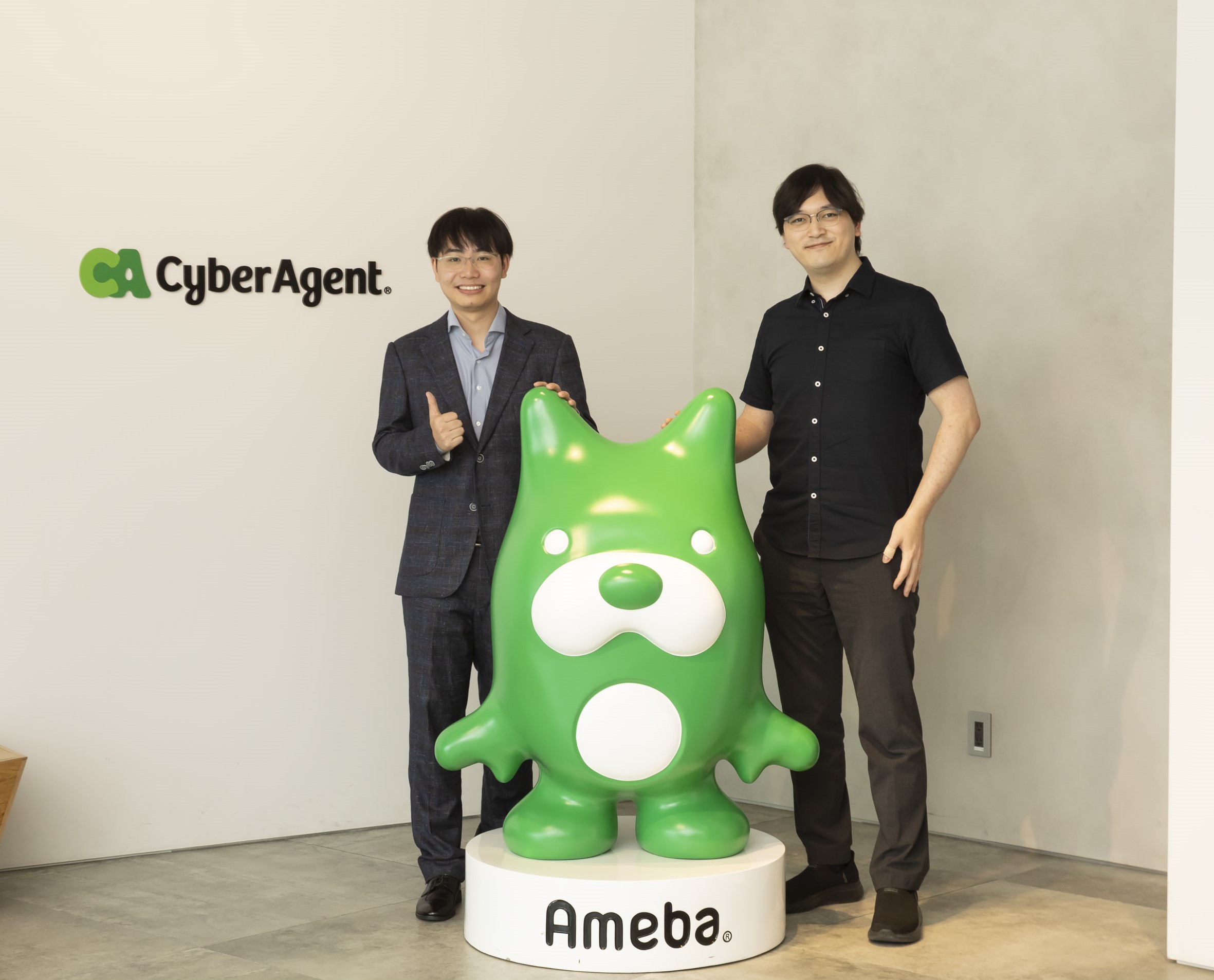
Introduction
Launched as an initiative to broaden career paths into industry and enhance the appeal of doctoral programs, the Cooperative Education through Research Internships program targets graduate students with fundamental skills and abilities in conducting research. Key features include a standard duration of at least two months, with the shorter terms depending on the project, along with paid positions, companies presenting specific job assignments, and universities recognizing the program as credit-bearing coursework.
A participating student, Ruijie Ren, talked about his motivations for joining, how his perspectives changed before and after the internship, and his thoughts on future career paths.
Finding My Place Between Research and the Real World
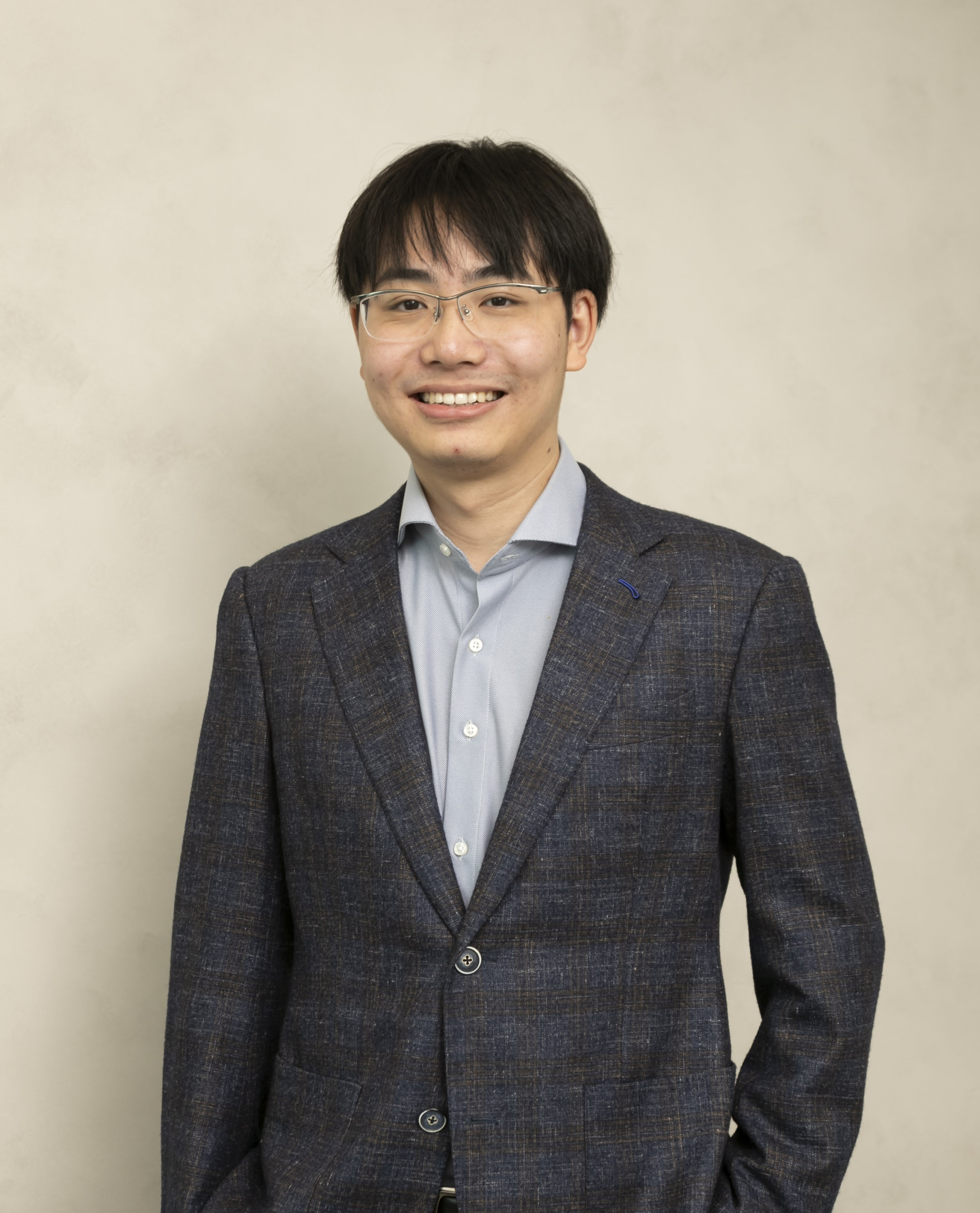
Ruijie Ren
Graduate School of Fundamental Science and Engineering,
Waseda University
Connecting Research with Reality: Why I Chose an AI Lab in Industry
– How did you first hear about the job-based internship program?
I first found it in an email advertisement. At that time, I didn’t really know what a “job-based internship” was, but I joined an online introduction session. For PhD students, it’s a great opportunity to gain practical experience with a company, so I decided to give it a try and applied.
– How did you choose CyberAgent as your host organization?
CyberAgent’s AI Lab, where I’m working, has both business and research departments. It was a good fit because I’m interested not only in research but also in seeing how research can be applied in the real world. At the very least, I knew I could connect with people actually working on products and learn what kinds of problems they care about, since real-world problems are often different from research ones. CyberAgent seems to bridge that gap, and I wanted to see how they do it.
Learning Beyond Research: How the Internship Changed My Approach
– Could you tell us about your own research at graduate school? And what kind of work are you doing in the internship?
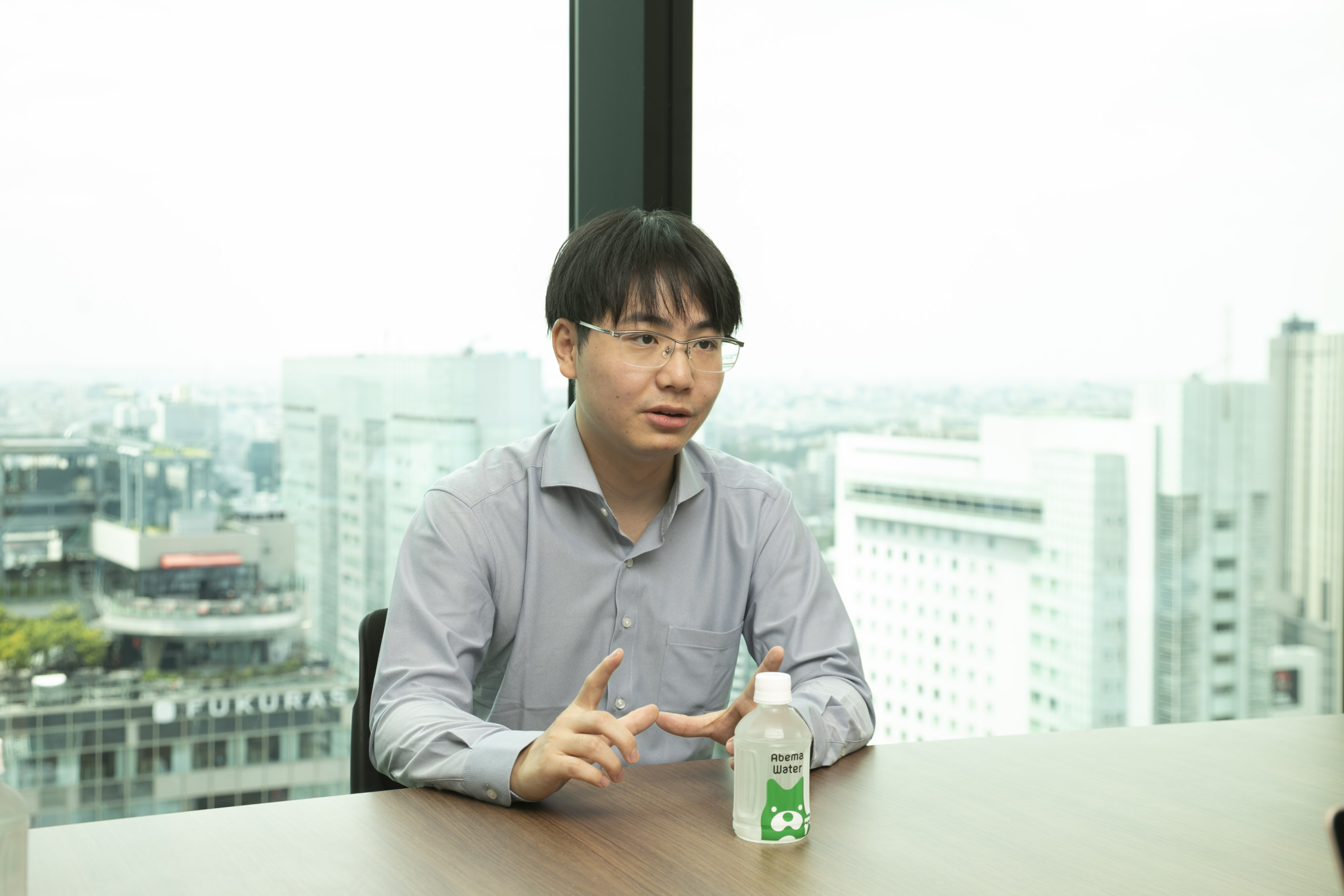 At Waseda University, I’m conducting research with Professor Edgar Simo-Serra on image generation, particularly for anime. Our goal is to explore how AI can support creators—making production more efficient while giving them control over the creative process.
At Waseda University, I’m conducting research with Professor Edgar Simo-Serra on image generation, particularly for anime. Our goal is to explore how AI can support creators—making production more efficient while giving them control over the creative process.
At CyberAgent, I’m collaborating with my mentor, Masui-san, an expert in this field, focusing on one part of the anime generation pipeline: colorization. Recent advances in large models have led to many tools for style transfer and colorization, but these are mostly designed for real-world images. What we’re trying to do is apply similar techniques to anime production, a niche field with unique challenges.
In animation, a single character drawing might take a creator two days to finish. But once it needs to be animated—showing movements or gestures—the coloring has to be repeated across every frame. Our idea is: if we have one colored frame as a reference, can we automatically transfer those colors to the rest of the sequence? This approach, called reference-based line art colorization, has the potential to save both time and costs in anime production.
– Have you noticed any differences between your graduate research and the internship?
One of the biggest differences is in how datasets are handled. At the company, great care is given to copyright and ethical considerations, so the team invests significant effort in designing and preparing datasets. That process itself becomes a major part of the work.
The work environment also differs in character. In the lab, I’ve enjoyed a focused and collaborative atmosphere, where we can concentrate deeply on research and share ideas within a close group. At CyberAgent, the setup is more open and flexible. About half of the seats are reserved and half are free, so you can have a preferred spot but still move around as you like. That flexibility allows people to work at their own pace, and you can really feel the passion across different teams—whether in research, business, or advertising.
I’ve also learned a lot from my mentor, Masui-san. When I ask for help, he doesn’t try to give a perfect answer right away. Instead, he breaks things down: we make a plan, tackle small tasks, and keep the ball rolling. That approach really impressed me. In academia, where the goal is often to push the frontier of knowledge, there is a natural tendency to set ambitious targets and sometimes feel pressured about whether the results will come. That style is both challenging and exciting. In the company, by contrast, we focus more on steady progress that builds up to something concrete. Experiencing both approaches has made me realize that perhaps the most effective path forward combines the ambition of academia with the stepwise focus of industry.
From Fog to Torchlight: Rethinking Careers Through the Internship
– Has your view on jobs or research changed since you started the internship?
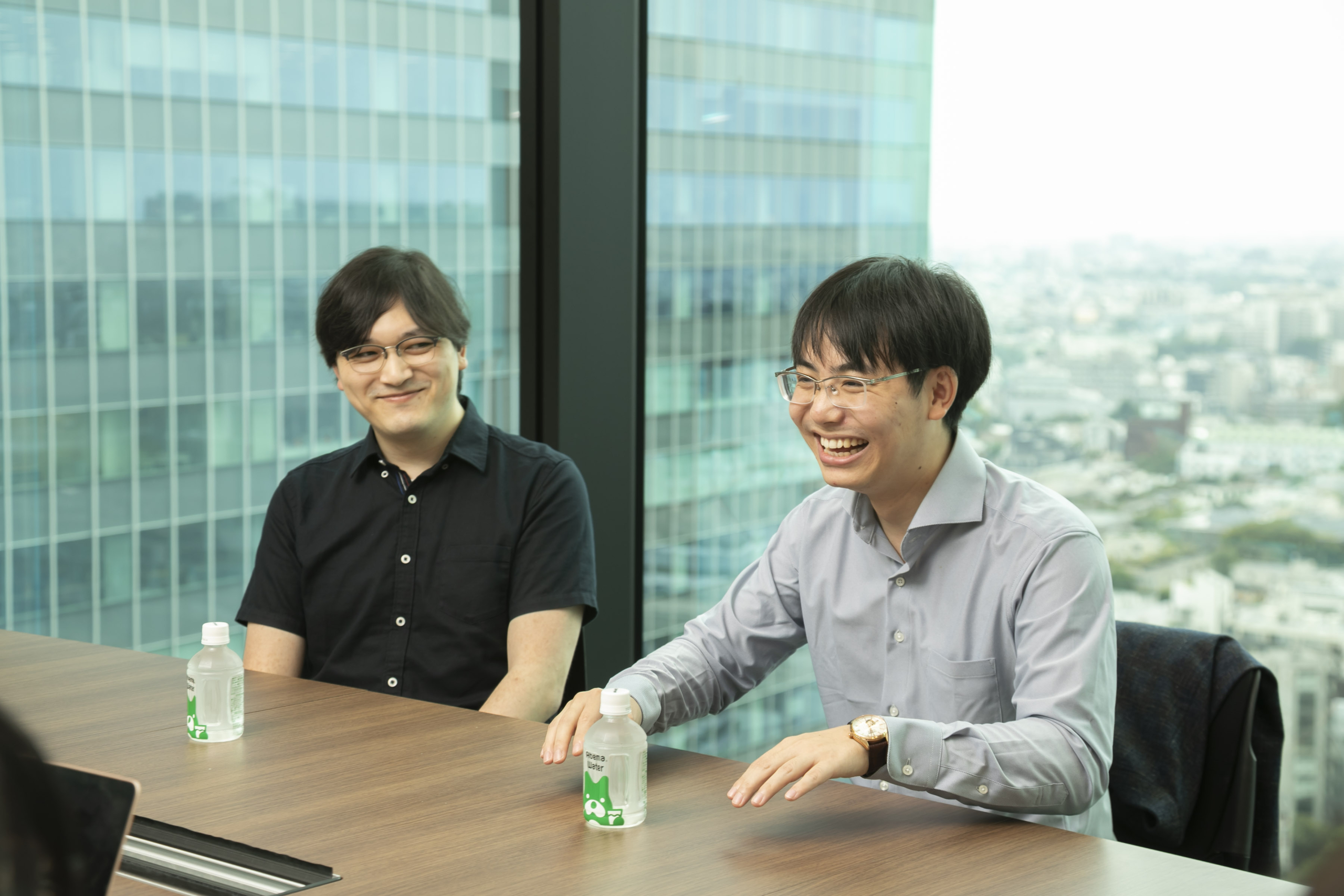
Before this internship, I thought academia and industry were two completely separate paths. But seeing how CyberAgent has its own AI Lab made me realize the two can actually overlap. That was a completely new perspective for me.
As for my own career—whether to continue in research or shift toward engineering—I’m still figuring it out through experience. Ideally, I’d like to keep pursuing research, and one appealing path could be doing research within a company. Until now, I had never conducted research in an industry setting. Life can sometimes feel like an exploration where parts of the path are hidden in fog. Faced with the unknown, we often feel hesitation or even fear. This internship was like switching on a torch, allowing me to see the outlines of the future more clearly. The road ahead is still new, exciting, and full of challenges, but with this torch in hand, I feel better prepared and more courageous to step forward into the unknown.
– Do you have any message or advice you’d like to share with future students who might try this program?
I would definitely recommend it. It’s a valuable experience for anyone’s career. To fellow students, I’d say: we often feel frustrated because we’re always staring at the desk in front of us. But if you raise your head and look around, you’ll find the world is more colorful than you expected. With that broader perspective, you can shape your future more freely.
Note: “Job-based internship” in this article refers to the official program name “Experience through the Cooperative Education Research Internship,” a structured initiative for doctoral students to gain hands-on experience in industry.
Mentor’s Perspective
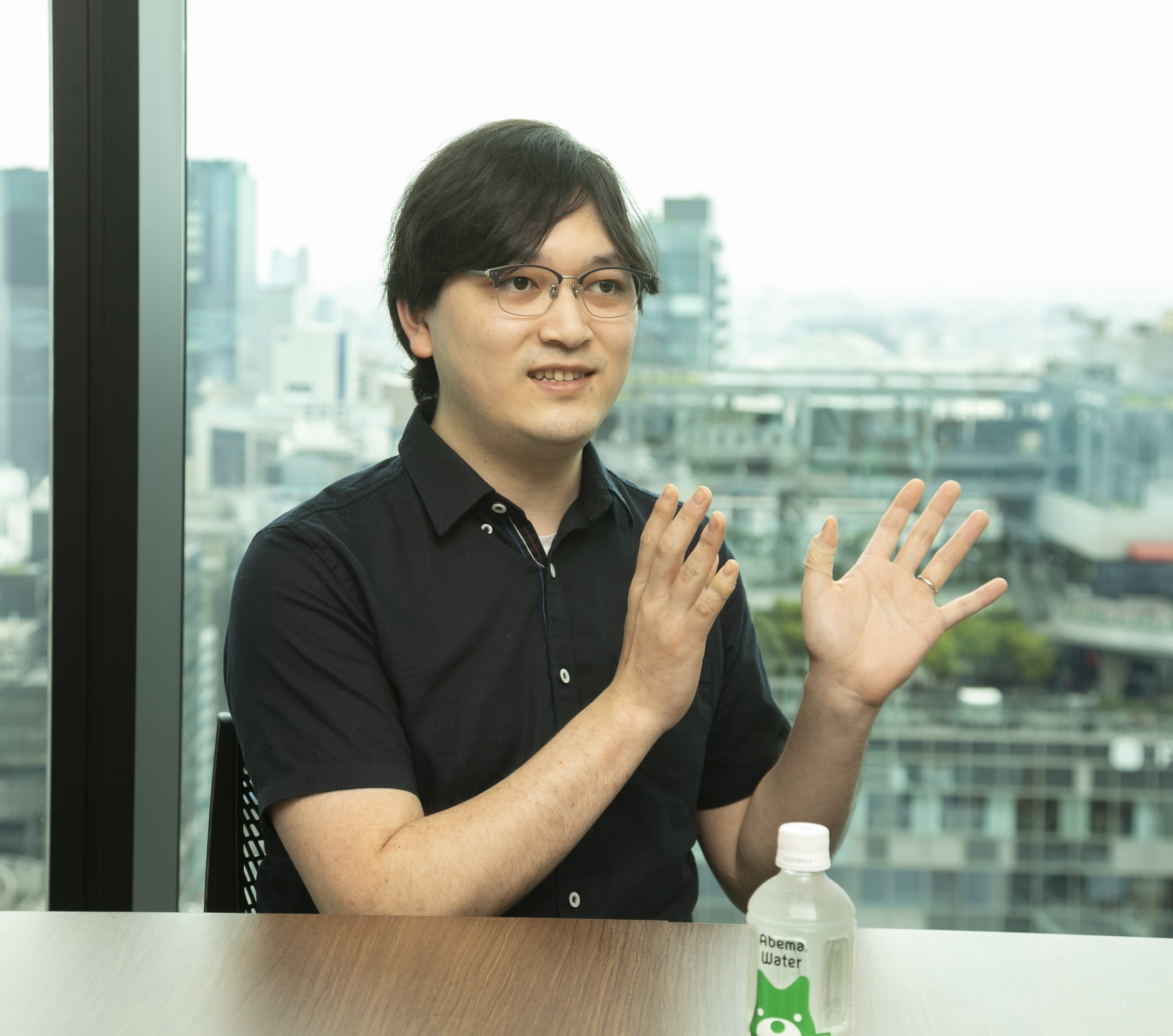
Kento Masui
AI Business Division, Research Scientist, CyberAgent, Inc.
Since Ren’s research theme closely matched our direction, we felt confident in welcoming him. In practice, he proved to be very communicative and easy to build trust with. In our project, we asked him to focus on technologies involving character faces and to test reference-based colorization techniques. He even designed his own evaluation metrics and took full initiative all the way through to the final presentation.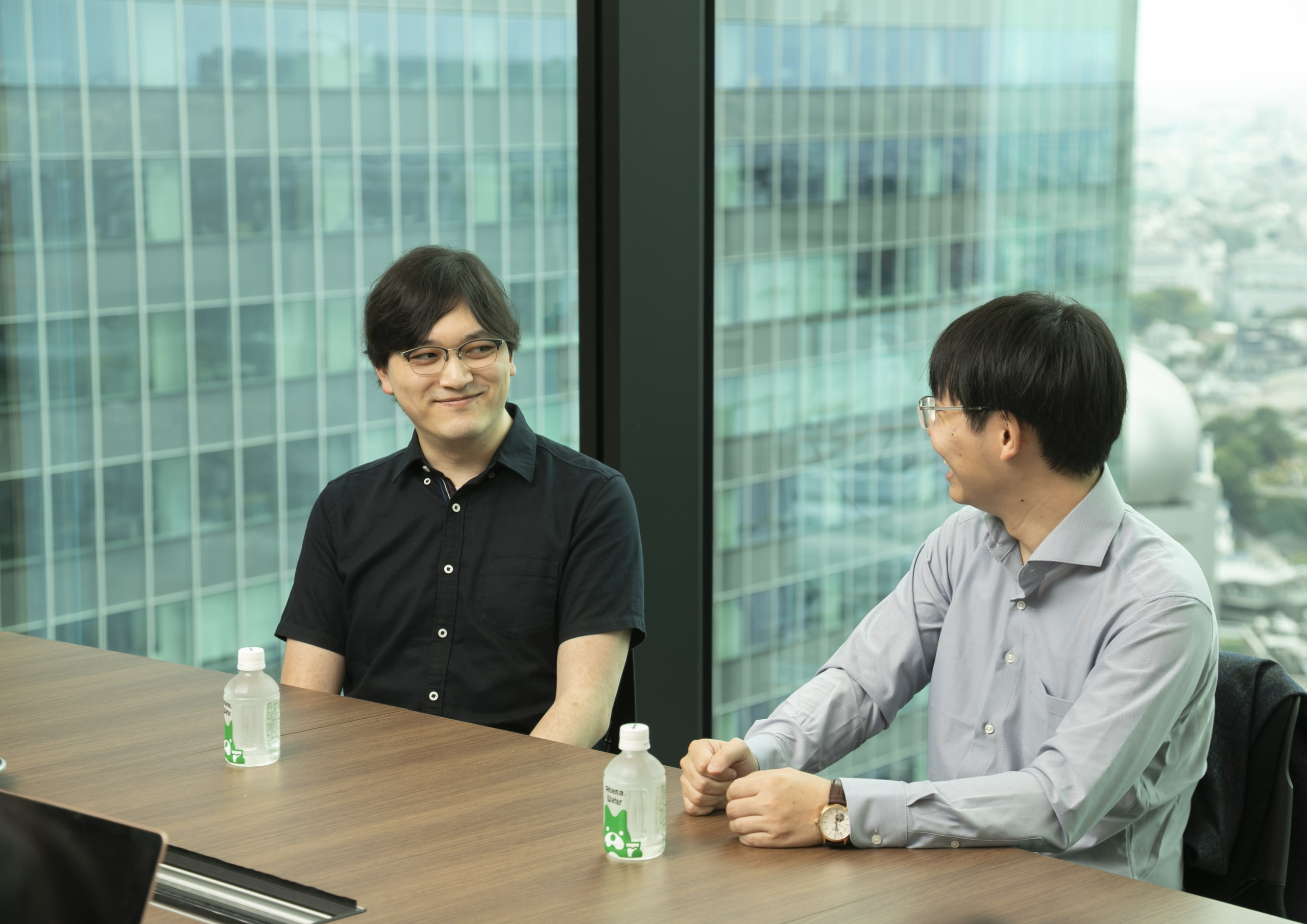
In doctoral programs, published papers often receive the most emphasis, but in a company setting, contributions to business are equally important. We hope to welcome students who are not only focused on academic results, but who also want to gain real experience in a corporate environment and learn that perspective.
AI Lab (Cyberagent R&D Organization)
CyberAgent established its AI Lab in 2016, which now hosts about 100 researchers across fields such as machine learning, econometrics, computer vision, natural language processing, audio, and HCI. Since 2018, the company has run a research internship program exclusively for doctoral students, offered twice a year to coincide with summer and winter vacations. To date, more than 110 students have taken part. Believing that practical experience in a corporate research lab allows students to explore their career paths from multiple angles, the program was further expanded into a job-based internship in April 2024.
From the Career Center:
We would like to express our sincere appreciation to everyone involved for taking the time to support the preparation of this article.


